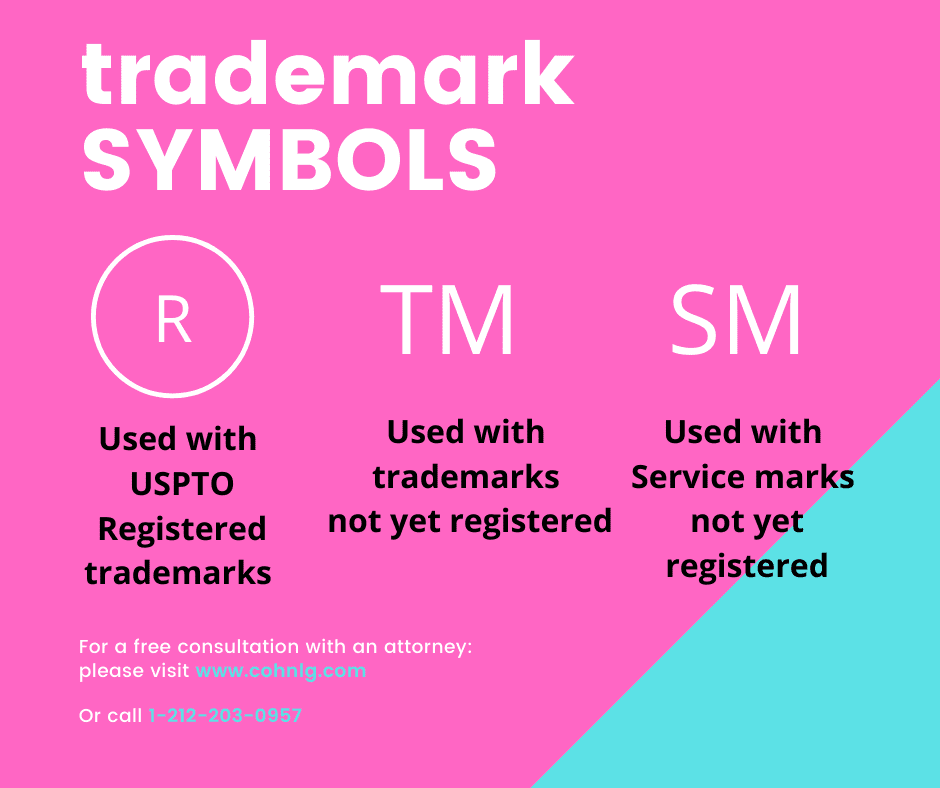Table of Contents Show
The abbreviation “TM” stands for “trademark.” It is a symbol used to indicate that a word, phrase, logo, or design is being claimed as a trademark by a business or individual. While the TM symbol does not signify that the trademark has been officially registered with a government authority, it serves to notify the public that the entity is asserting its rights over the mark in connection with the goods or services it provides.
Understanding Trademarks
Trademarks are essential in the world of branding and marketing. They help consumers identify the source of products or services and distinguish them from those of competitors. Trademarks can be words, logos, slogans, or even sounds and colors. When a trademark is registered with a governmental body, such as the United States Patent and Trademark Office (USPTO), it is denoted by the ® symbol, which signifies that the mark has been officially recognized and protected by law.
Importance of TM
Using the TM symbol can be crucial for businesses, especially startups and small enterprises, as it provides a level of protection against infringement. Even without registration, businesses can still assert their rights to a trademark by using it in commerce. This is particularly important in competitive markets where brand recognition can significantly influence consumer choices.
The Process of Trademark Registration
To secure a registered trademark, businesses must go through a formal application process. This involves conducting a trademark search to ensure that the mark is not already in use and then filing an application with the relevant authority. Once registered, the owner of the trademark gains exclusive rights to use it in connection with the goods and services specified in the registration.
Conclusion
In summary, the TM symbol is an important aspect of trademark law that helps businesses protect their brand identity. Understanding the implications of using TM versus ® is crucial for anyone looking to establish a brand in the marketplace. By being aware of these distinctions, businesses can better navigate the complexities of trademark law and safeguard their intellectual property.










